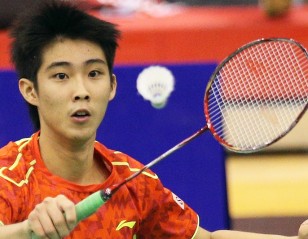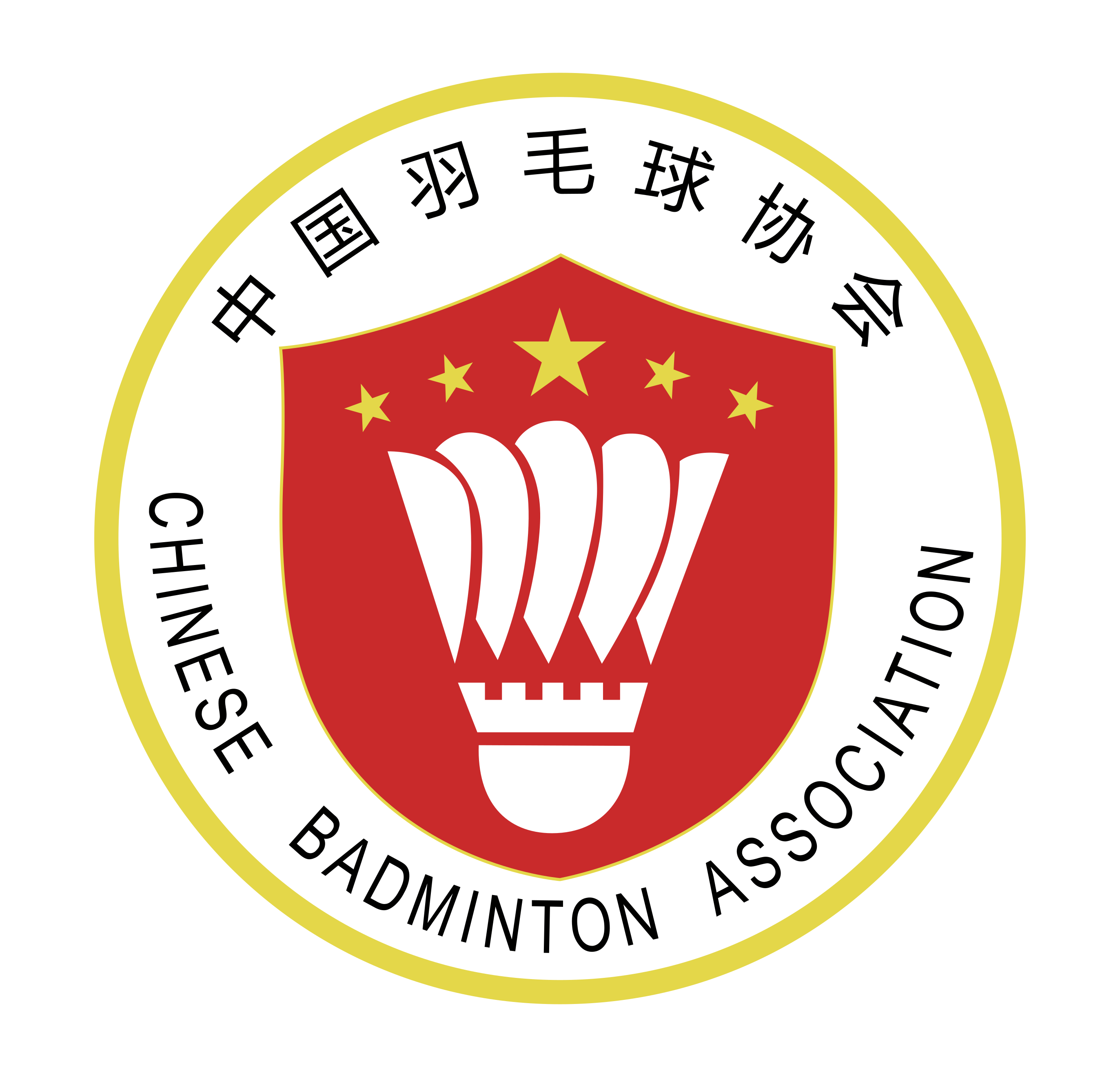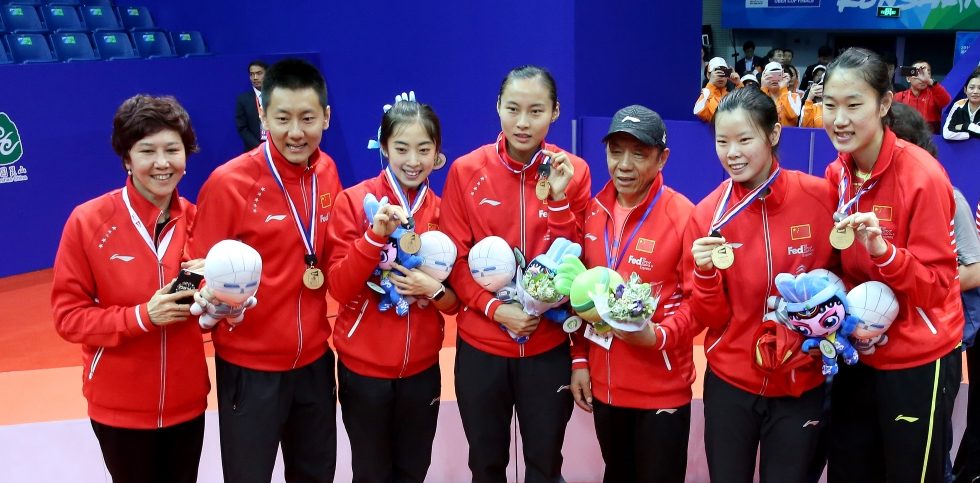
China Brook No Challenge – Uber Cup Review
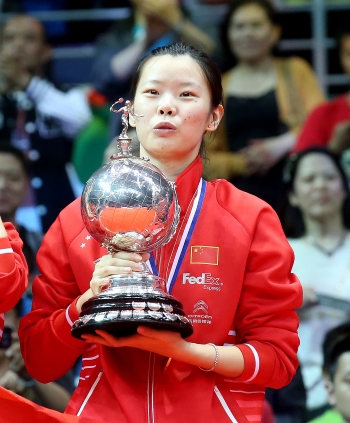 China became the most successful team, among men or women, with title No.14 in the Uber Cup.
China became the most successful team, among men or women, with title No.14 in the Uber Cup.
Tied with Indonesia’s men – 13-time winners of the Thomas Cup – before the TOTAL BWF Thomas & Uber Cup Finals 2016 started in Kunshan on 15 May, China barely broke sweat in defending their crown. The 3-1 score in the final against Korea was a repeat of the 2014 result against Japan.
Unlike the Thomas Cup, which had a number of teams with nearly equal strength, the Uber Cup was easier to predict. China once again had a team with tremendous depth, talent and experience.
Japan, thanks to the success of their singles and doubles players over the last year, were talked of as possible threats to China at the start of the event. Japan head coach Park Joo Bong acknowledged his team’s status as title contenders during a pre-tournament press conference. “Compared to two years ago, we have a more balanced and stronger women’s team. Our Women’s Doubles pairs have beaten the top Chinese… the Chinese are our biggest opponents,” said Park.
China’s head coach, Li Yongbo, however laced his retort with some scepticism. Asked what he thought of Japan’s chances against China, Li said: “Japan should consider whether they can make the final against China.”
Li’s words in fact would turn out to be prophetic.
China had no trouble topping Group A, which included Denmark, Malaysia and Spain. Among the group matches that commanded attention was Wang Shixian against World champion Carolina Marin. As with many of their earlier matches, it was a bitterly-fought contest, with Wang throwing her arms up in relief after the final point was won: 19-21 21-18 21-19 in 87 minutes.
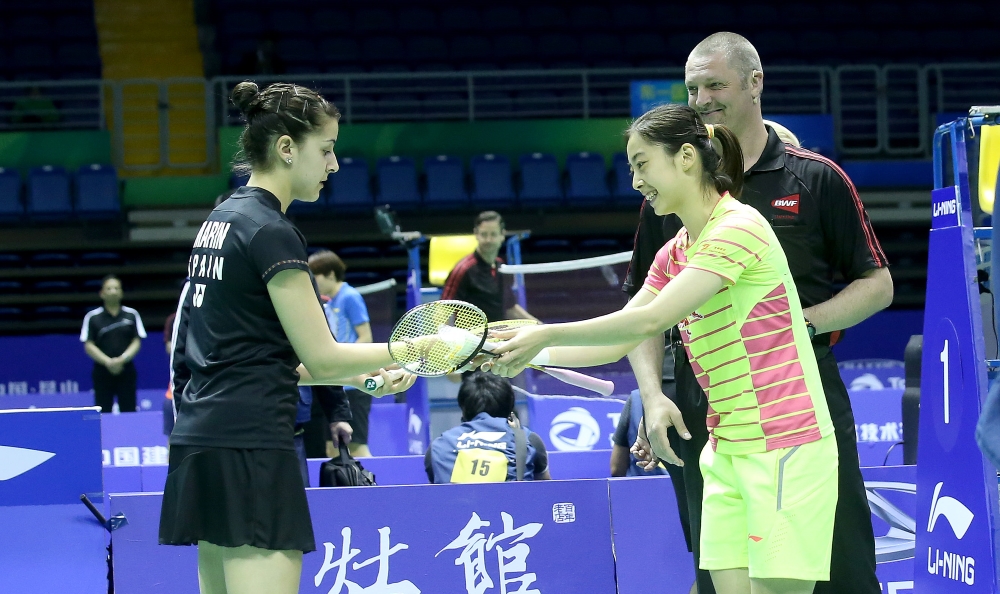
Malaysia put up some resistance against the rampant Chinese, with Vivian Hoo/Woon Khe Wei and Chow Mei Kuan/Lee Meng Yean taking a game off their opponents in the doubles.
The Malaysia-Spain Group A tie pitted the World champion Marin against World Junior champion Goh Jin Wei; their hotly-contested encounter suggests that the Malaysian is rapidly coming of age, and she could be one of the biggest stars in the not-too-distant future. Goh even had match point against Marin before the experienced Spaniard regained the initiative.
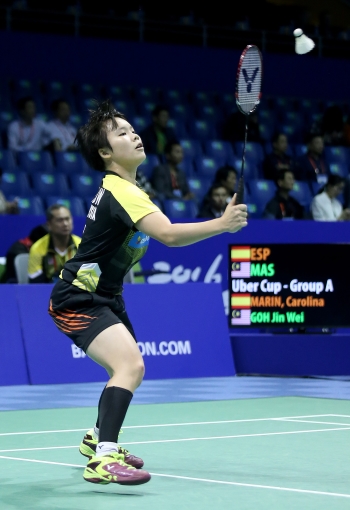 Meanwhile, Japan, in Group D, eased past Australia and Germany, but had trouble against India, only narrowly winning the tie 3-2. Singles star Nozomi Okuhara, looking a long way off from the confident player who had won back-to-back World Superseries titles in Dubai and Birmingham, was blown off court by Saina Nehwal 21-18 21-6. Japan recovered from 0-2 down to clinch the tie over India.
Meanwhile, Japan, in Group D, eased past Australia and Germany, but had trouble against India, only narrowly winning the tie 3-2. Singles star Nozomi Okuhara, looking a long way off from the confident player who had won back-to-back World Superseries titles in Dubai and Birmingham, was blown off court by Saina Nehwal 21-18 21-6. Japan recovered from 0-2 down to clinch the tie over India.
Korea, Chinese Taipei (Group B) and Thailand, Indonesia (Group C) qualified for the quarter-finals alongside China, Denmark, Japan and India.
The India-Thailand quarter-final was expected to go down the wire but the Indians muscled their way past the Thais. Ratchanok Intanon’s sublime form showed no sign of abating as she shot past Saina Nehwal in straight games, but the rest of the Thai team crumbled. India’s teenaged third singles player Ruthvika Shivani, ranked 119, took down Nitchaon Jindapol, ranked 94 places above her to ensure India’s semi-final entry. In the other half, Japan and Korea set themselves up for a semi-final clash.
There was much interest on how the two singles would go in the China-India semi-final. Saina Nehwal had her chances against Li Xuerui in the opening singles but Li was rock steady when it mattered; Wang Shixian then made it 2-0 over PV Sindhu. The doubles pair of Jwala Gutta/Sikki Reddy were thrashed by World champions Tian Qing/Zhao Yunlei, and China were in yet another final.
In the other semi-final, Japan were inexplicably flat against the Koreans. Okuhara’s nightmarish Uber Cup continued with a 47-minute loss to Sung Ji Hyun; both of Japan’s much-heralded doubles capitulated, and Korea were in with a chance at repeating their 2010 Uber Cup triumph.
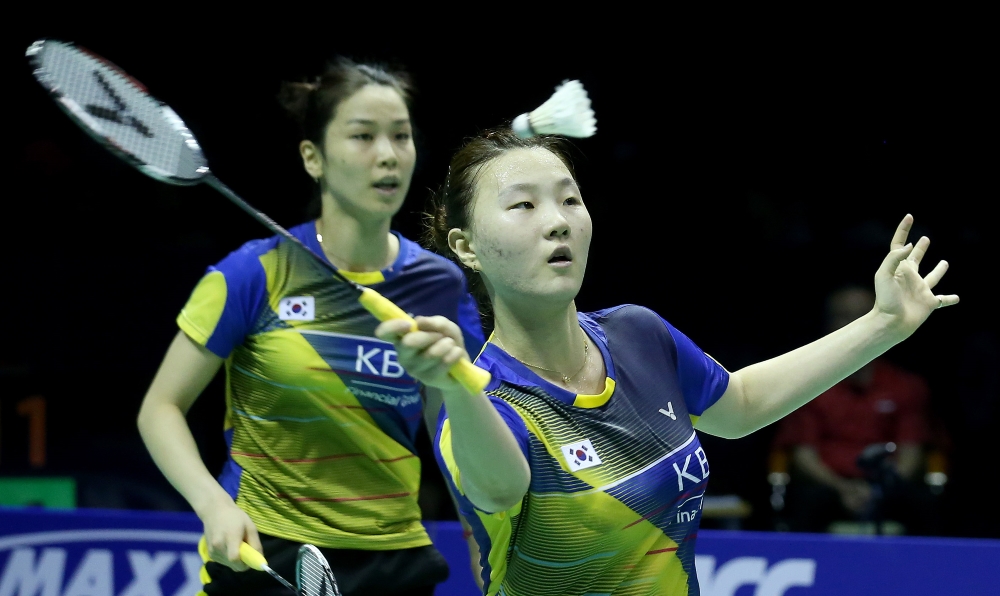
China were never in danger of losing the final, but Korea came away with an important victory in the first doubles. Jung Kyung Eun/Shin Seung Chan’s defeat of Tian Qing/Zhao Yunlei in a tense three-game thriller ensured that Korea could look ahead to Rio with optimism. China, on the other hand, might feel some insecurity in their strongest department as the Rio Olympics gets closer. A hint to their direction after Rio came in the second doubles: the decision to throw in 19-year-old Chen Qingchen, alongside the marginally older but experienced Tang Yuanting, was a statement of their confidence in young blood and the possibility of a new star pairing after Rio.
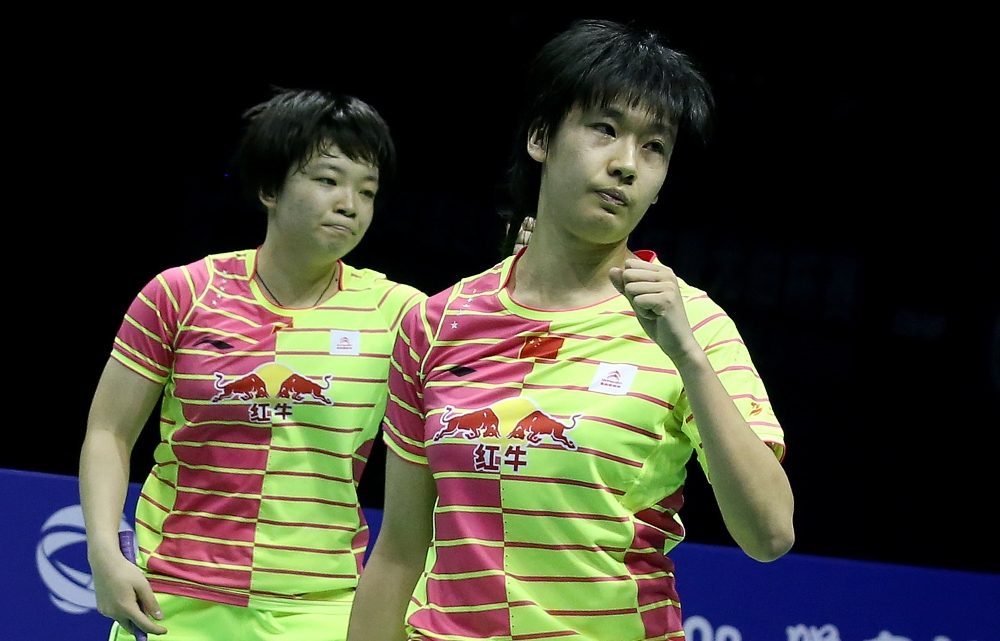
Thomas & Uber Cup News
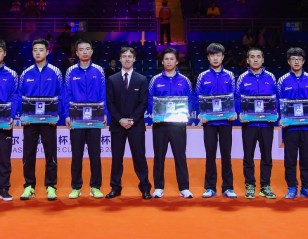
Li-Ning – A Stringing Success! 20 June 2016
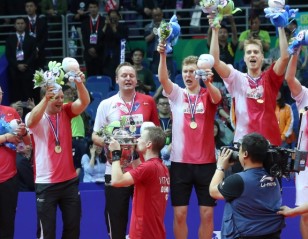
A Momentous Event for Europe – Thomas Cup Review 25 May 2016
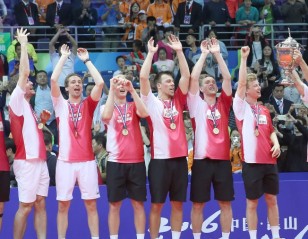
Denmark Crowned Kings of the World: TOTAL BWF Thomas & Uber Cup... 22 May 2016
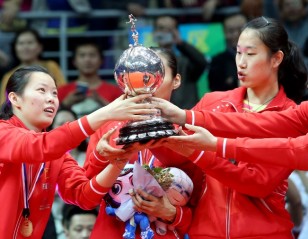
Title No.14 for China – TOTAL BWF Thomas & Uber Cup Finals... 21 May 2016
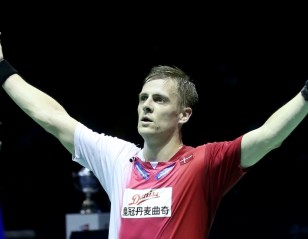
Denmark Fly High – Semi-finals Session 2: TOTAL BWF Thomas & Uber... 21 May 2016
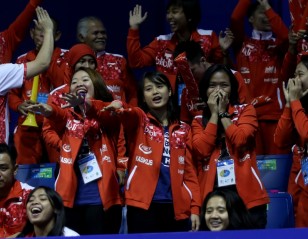
Indonesia Storm into Final – Semi-finals Session 1: TOTAL BWF Thomas &... 20 May 2016
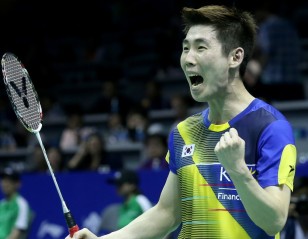
Korea Shock China; Japan Out – Quarter-finals Session 2: TOTAL BWF Thomas... 20 May 2016
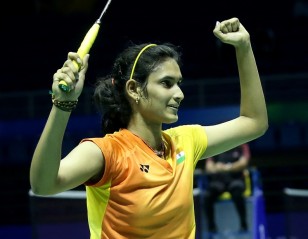
Shivani Aces it for India – Quarter-finals Session 1: TOTAL BWF Thomas... 19 May 2016
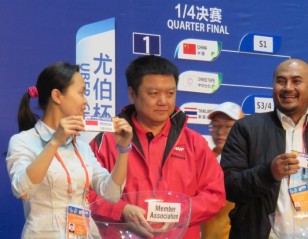
China Draw Korea in Thomas Cup Quarter-finals 19 May 2016
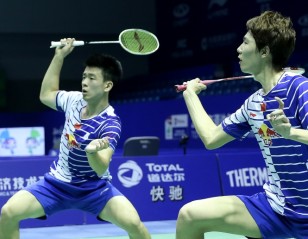
China Blow Away Japan – Day 4 Session 3: TOTAL BWF Thomas... 18 May 2016
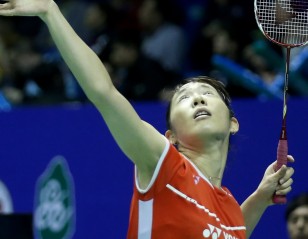
Japan Struggle to Beat India – Day 4 Session 2: TOTAL BWF... 18 May 2016
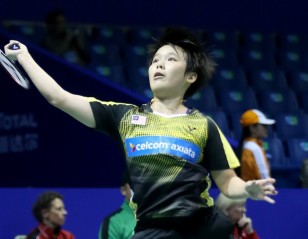
Denmark Top Group D – Day 4 Session 1: TOTAL BWF Thomas... 18 May 2016
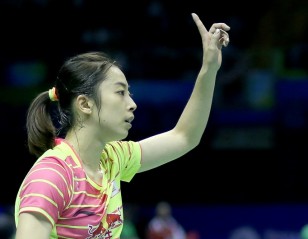
Indonesia Outclass Thailand – Day 3 Session 3: TOTAL BWF Thomas &... 17 May 2016
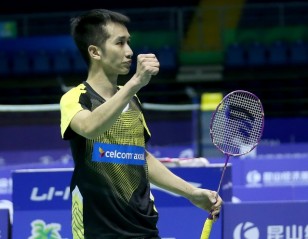
Korea Singed by Malaysian Singles – Day 3 Session 2: TOTAL BWF... 17 May 2016
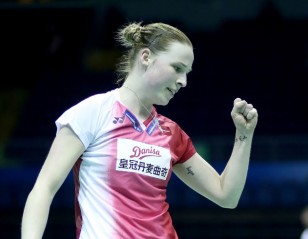
Kjaersfeldt, Madsen Drive Danish Success – Day 3 Session 1: TOTAL BWF... 17 May 2016
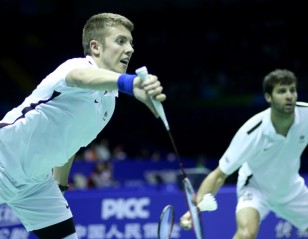
China Down Battling French – Day 2 Session 3: TOTAL BWF Thomas... 16 May 2016
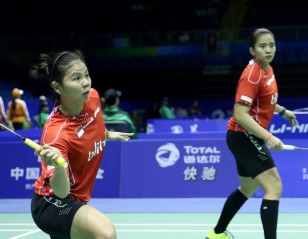
Indonesia Prevail Over Hong Kong – Day 2 Session 2: TOTAL BWF... 16 May 2016
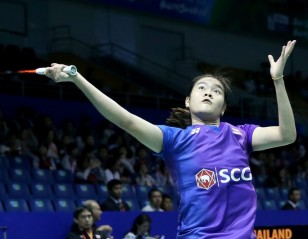
Thailand Continue to Cruise – Day 2 Session 1: TOTAL BWF Thomas... 16 May 2016
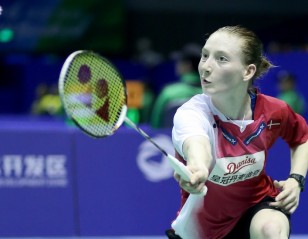
Madsen Swings it for Denmark – Day 1 Session 3: TOTAL BWF... 15 May 2016
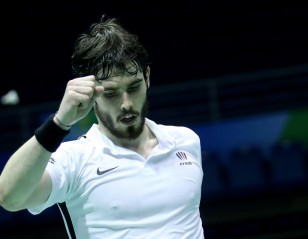
Japan Shaken by Inspired France – Day 1 Session 2: TOTAL BWF... 15 May 2016
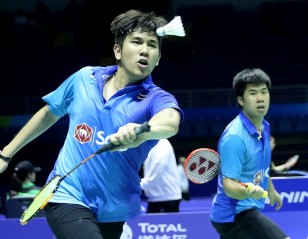
Strong Start by Thailand – Day 1 Session 1: TOTAL BWF Thomas... 15 May 2016
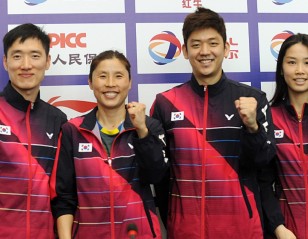
TOTAL BWF Thomas & Uber Cup Finals 2016: Opening Salvos Fired as... 14 May 2016
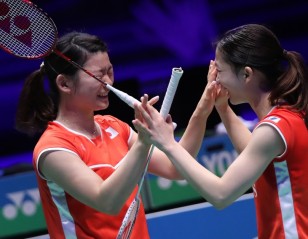
TOTAL BWF Uber Cup Preview: China, Japan Hold the Aces 12 May 2016
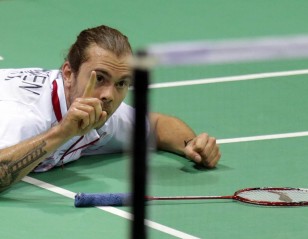
TOTAL BWF Thomas Cup Preview: Can Denmark Break the Jinx? 11 May 2016
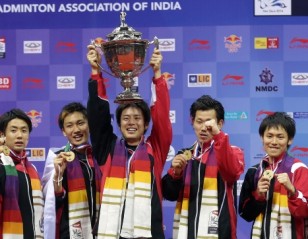
Japan Face French Obstacle in Thomas Cup Opener 19 April 2016
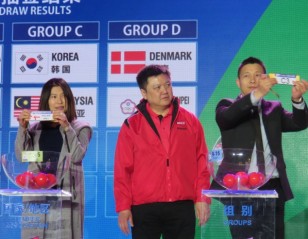
Powerhouses China, Japan in Group A of Thomas Cup 21 March 2016
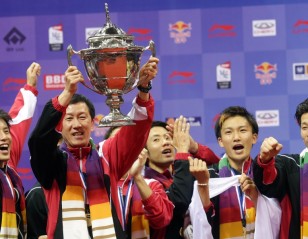
Defending Champions Japan Seeded 5th for Thomas Cup 4 March 2016
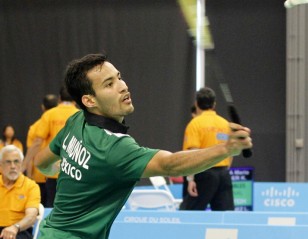
Mexico, New Zealand in Thomas Cup final round 23 February 2016
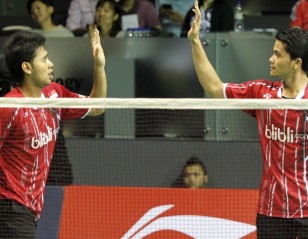
Indonesia, China Emerge Champions – Badminton Asia Championships finals 22 February 2016
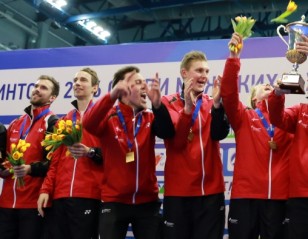
Denmark Unchallenged at the Top: European Men’s & Women’s Team Championships finals 22 February 2016
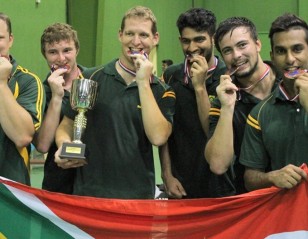
SA, Mauritius Crowned Champions: Africa Continental Team Championships finals 21 February 2016
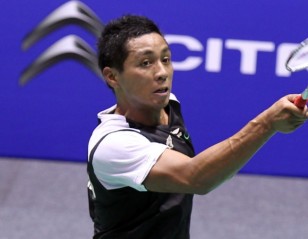
New Zealand, Australia Reign Supreme: Oceania Men’s & Women’s Team Championships finals 21 February 2016
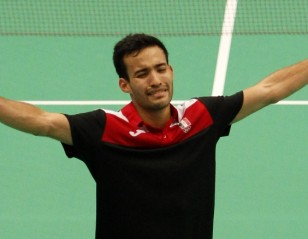
Mexico Clinch Men’s Title: Pan Am Team Continental Championships finals 21 February 2016
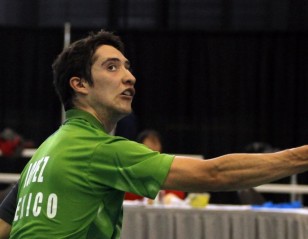
Mexico, Canada in Final: Pan Am Team Continental Championships – Day 3 20 February 2016
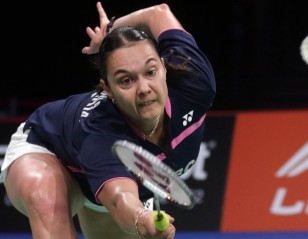
Bulgaria, Spain in Last-Four: European Men’s & Women’s Team Championships quarter-finals 20 February 2016
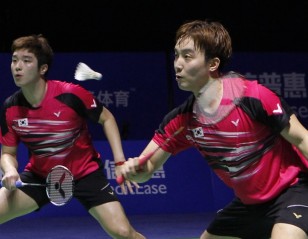
China Knocked Out – Badminton Asia Team Championships quarter-finals 20 February 2016
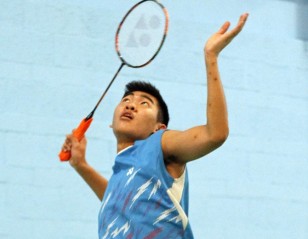
Garrido, Ho-Shue Shine: Pan Am Team Continental Championships – Day 2 19 February 2016
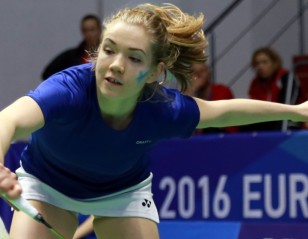
Finland in Quarter-finals: European Men’s & Women’s Team Championships – Day 3 19 February 2016
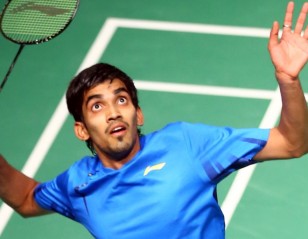
India Stun China: Badminton Asia Team Championships – Day 4 19 February 2016
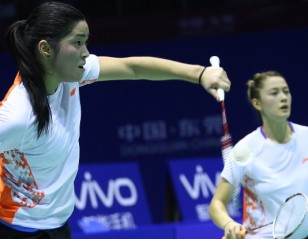
Australia Win Exciting Final – Oceania Mixed Team Championships 18 February 2016
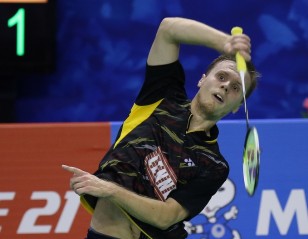
Estonia Edge Past Hungary: European Men’s & Women’s Team Championships – Day... 18 February 2016
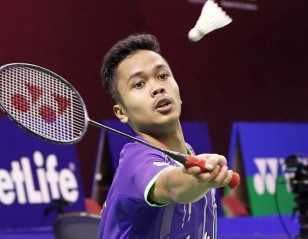
Indonesia Beat Chinese Taipei: Badminton Asia Team Championships – Day 3 18 February 2016
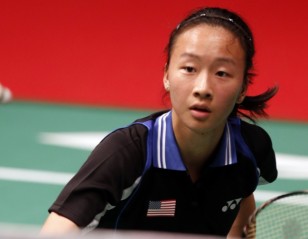
Iris Wang Guides USA to Win: Pan Am Team Continental Championships –... 18 February 2016
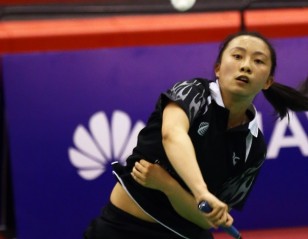
Easy for New Zealand: Oceania Mixed Team Championships – Day 2 17 February 2016
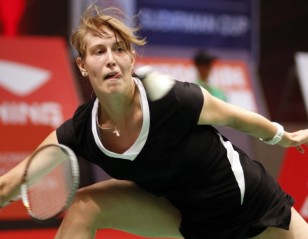
Narrow Win for Ukraine – European Men’s & Women’s Team Championships –... 17 February 2016
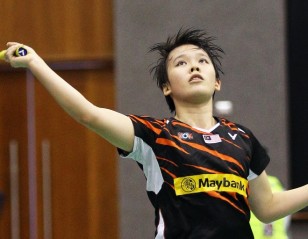
Close Shave for Malaysia: Badminton Asia Team Championships – Day 2 17 February 2016

Strong Start for New Caledonia – Oceania Mixed Team Championships Day 1 16 February 2016
